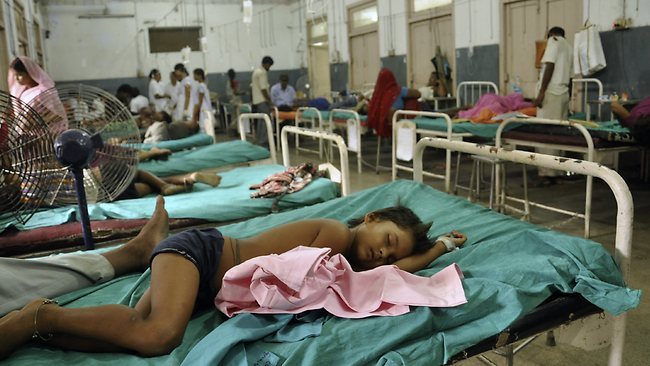
A host of leading doctors from across India came together in Mumbai last month for a three-day meet where they proposed solutions to the high cost of medical care which is prohibitively high for the majority of Indians.
High volume and low cost
One major concern that the doctors expressed was over the increasingly commercial approach to healthcare by private hospitals.
Dr Sunil Chandy, Director of Christian Medical College, Vellore stated the problem thus, “For an affordable healthcare model to become sustainable, it has to be high quality and low cost. Today, patients go shopping for doctors and tests because they are confused. People come with common ailments. Medicine is eminently clinical hand-based, touch-based. But today, it is investigation-based as there is lot of money involved in it.”
The doctors also opined that aside from having a focus on optimum treatment solutions and also rising the salaries of the professionals substantially, creating a better healthcare infrastructure in rural areas should also be a focus area. On a related note, Dr P. Namperumalsamy, chairperson-emeritus of Aravind Eye Care System said how 57% of India’s ophthalmologists cater to just 10% of the population-who are in the urban regions.
At least 10 times more general practitioners than specialists needed
As per Dr Chandy, every village should have a centre of excellence. India needs at least 10 times more quality general practitioners than specialists today, he added.
Dr Rajendra Badwe, the director of Tata Medical Centre is of the opinion that treatment without frills would help create models which are scalable and affordable. Tata Memrorial Centre itself is a case in point. The centre treats about 67,000 cancer patients each year. 30% of the patients get the treatment for free. Another 30% pay from 5 to 20 percent mark-up whereas 20% pay 25% to 50% mark-up. The hospital also sells cancer medicines at about one-fifth the market prices- because of the scale at which they buy the medicines.
The Christian Medical College in Vellore also promotes the “high volume, low price” ideology. As Dr. Chandy said, “Our mission statement is that healthcare is a service and not a business. The doctors and the students are taught a culture of charity. Profit should not be the primary motive behind treating people. Our doctors are always told, ‘Treat first. Ask for money later.’ We work on strict cost-cutting strategies. We have a high volume, low price model. We also believe in preventing over-investigation and over-treatment. We don’t use expensive technology on our patients. Today, the need is to practise medicine with a heart. The health fraternity needs a re-commitment to be stewards of life. You can’t make money out of someone’s misery.”
Image credits: news.com.au